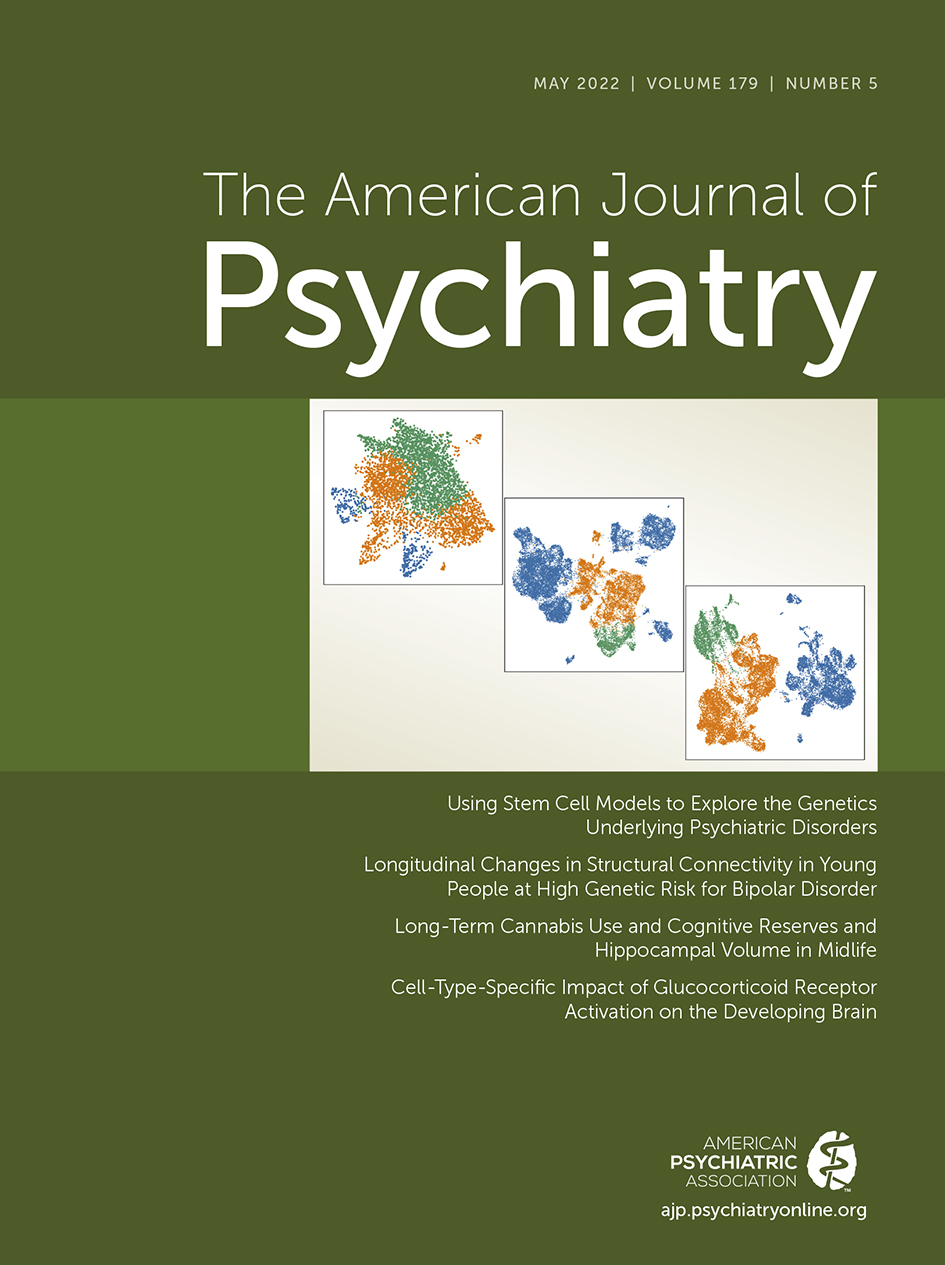Abstract
Objective:
Cannabis use is increasing among midlife and older adults. This study tested the hypotheses that long-term cannabis use is associated with cognitive deficits and smaller hippocampal volume in midlife, which is important because midlife cognitive deficits and smaller hippocampal volume are risk factors for dementia.
Methods:
Participants are members of a representative cohort of 1,037 individuals born in Dunedin, New Zealand, in 1972–1973 and followed to age 45, with 94% retention. Cannabis use and dependence were assessed at ages 18, 21, 26, 32, 38, and 45. IQ was assessed at ages 7, 9, 11, and 45. Specific neuropsychological functions and hippocampal volume were assessed at age 45.
Results:
Long-term cannabis users showed IQ decline from childhood to midlife (mean=−5.5 IQ points), poorer learning and processing speed relative to their childhood IQ, and informant-reported memory and attention problems. These deficits were specific to long-term cannabis users because they were either not present or were smaller among long-term tobacco users, long-term alcohol users, midlife recreational cannabis users, and cannabis quitters. Cognitive deficits among long-term cannabis users could not be explained by persistent tobacco, alcohol, or other illicit drug use, childhood socioeconomic status, low childhood self-control, or family history of substance dependence. Long-term cannabis users showed smaller hippocampal volume, but smaller hippocampal volume did not statistically mediate cannabis-related cognitive deficits.
Conclusions:
Long-term cannabis users showed cognitive deficits and smaller hippocampal volume in midlife. Research is needed to ascertain whether long-term cannabis users show elevated rates of dementia in later life.



